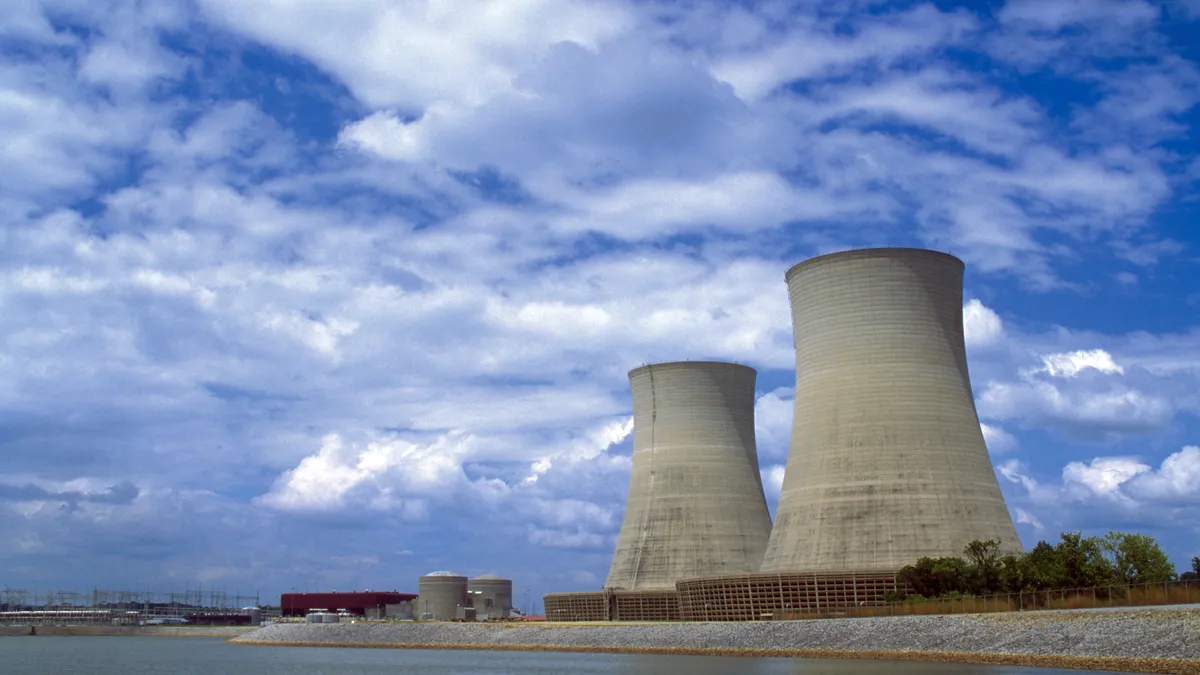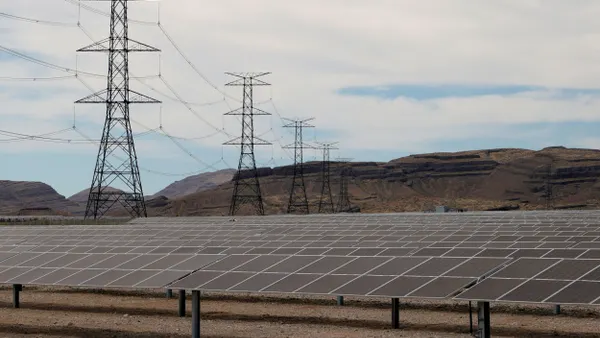Dive Brief:
- The New Hampshire Supreme Court unanimously voted on Friday to uphold the rejection of Eversource's proposed 192-mile transmission line, Northern Pass.
- The state's Site Evaluation Committee rejected the project in February 2018 based on land use effects during construction, employment and economic impacts. Eversource sought an appeal of the project, claiming Northern Pass wasn't fairly considered before being rejected.
- "The Court has made it clear — it is time to move on. There are still many clean energy projects that lower electric rates to explore and develop for New Hampshire and the rest of New England," Republican Gov. Chris Sununu said in a statement.
Dive Insight:
As states in the Northeast set more ambitious clean energy goals, inter-state transmission projects are facing opposition as stakeholders cast doubt on the projects' overall economic and environmental benefits.
Eversource needed to secure state permits for the project to bring electricity from Hydro-Québec's dams in Canada to New England. Hydro-Québec partnered with Central Maine Power on a separate transmission project, the New England Clean Energy Connect, to provide more capacity to northeastern utilities.
Eversource had sought a reversal of the siting decision by asking state regulators directly for a rehearing, which was unanimously rejected in a 7-0 vote. A company spokesperson told reporters at the time that the project's last path would be the state Supreme Court.
However, the utility failed to prove in their appeal that the siting board's decision was "unreasonable or unlawful." The Supreme Court ruling added that "the Subcommittee's findings are supported by competent evidence and are not erroneous as a matter of law."
"In the case of this Northern Pass proposal, the project would have spoiled some of the state's most scenic and sensitive areas. In addition communities along the proposed route overwhelmingly opposed the project, and Eversource refused to address any of their concerns. Eversource also failed to show the transmission line wouldn't harm the state's economy," Carol Gregory, vice president of communications at the Conservation Law Foundation, told Utility Dive in an email.
Eversource is "deeply disappointed" by the decision, adding that New England has a clear "need for new energy sources."
"We will closely review the Supreme Court's decision and evaluate all potential options for moving forward," the company said in a statement.
"There are other viable clean energy proposals to explore and deliberating over what would make Northern Pass work is a futile exercise," Gregory said.
Other transmission projects that would grant access to hydropower, like the New England Clean Energy Connect, are also drawing scrutiny from conservation groups regarding the impact of the dams on rivers in Canada and project construction.
"The truth about Canadian hydro is a long history of privilege, bigotry, environmental destruction and greed. The New Hampshire Chapter looks to our fellow advocates in Maine, Massachusetts, and New York to follow the lead of the Granite State," Catherine Corkery, New Hampshire Sierra Club chapter director, said in a statement.













